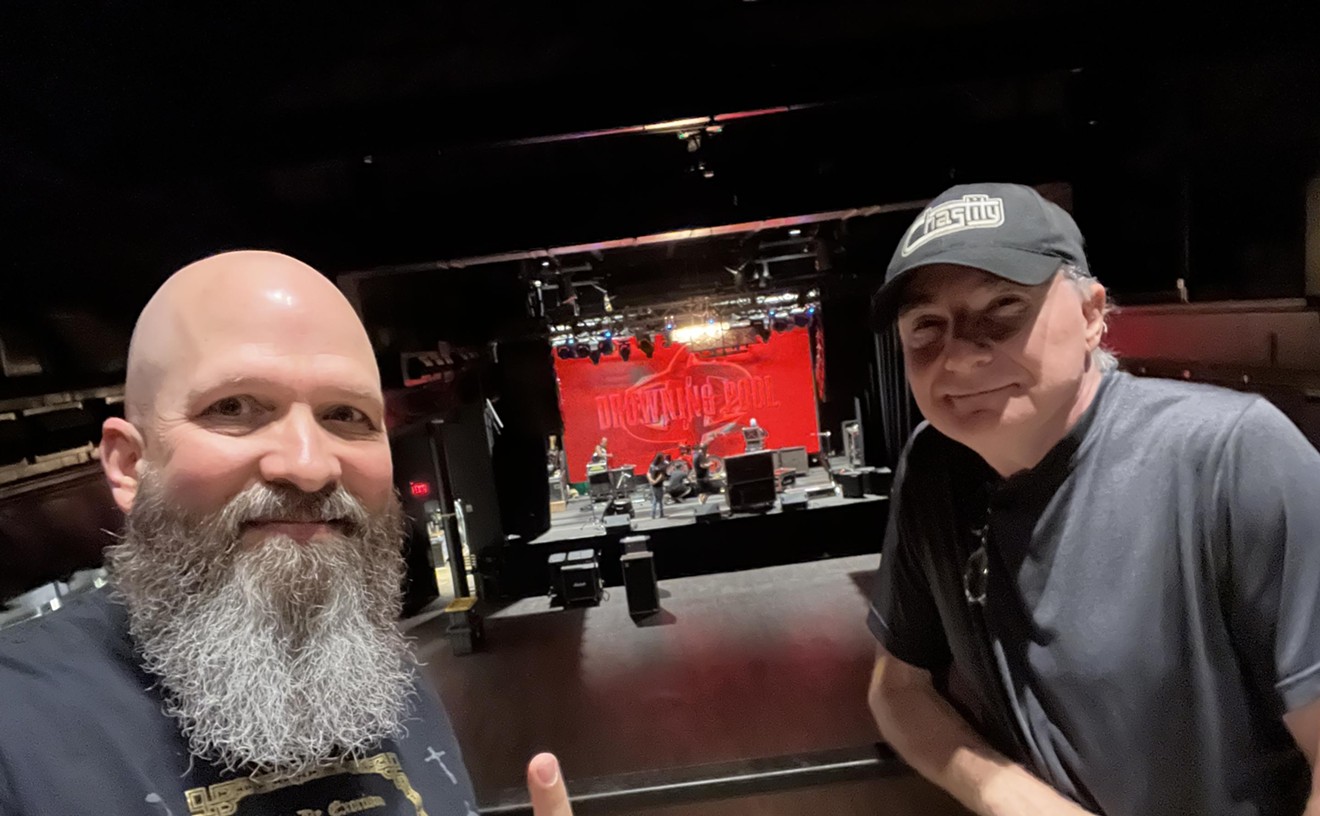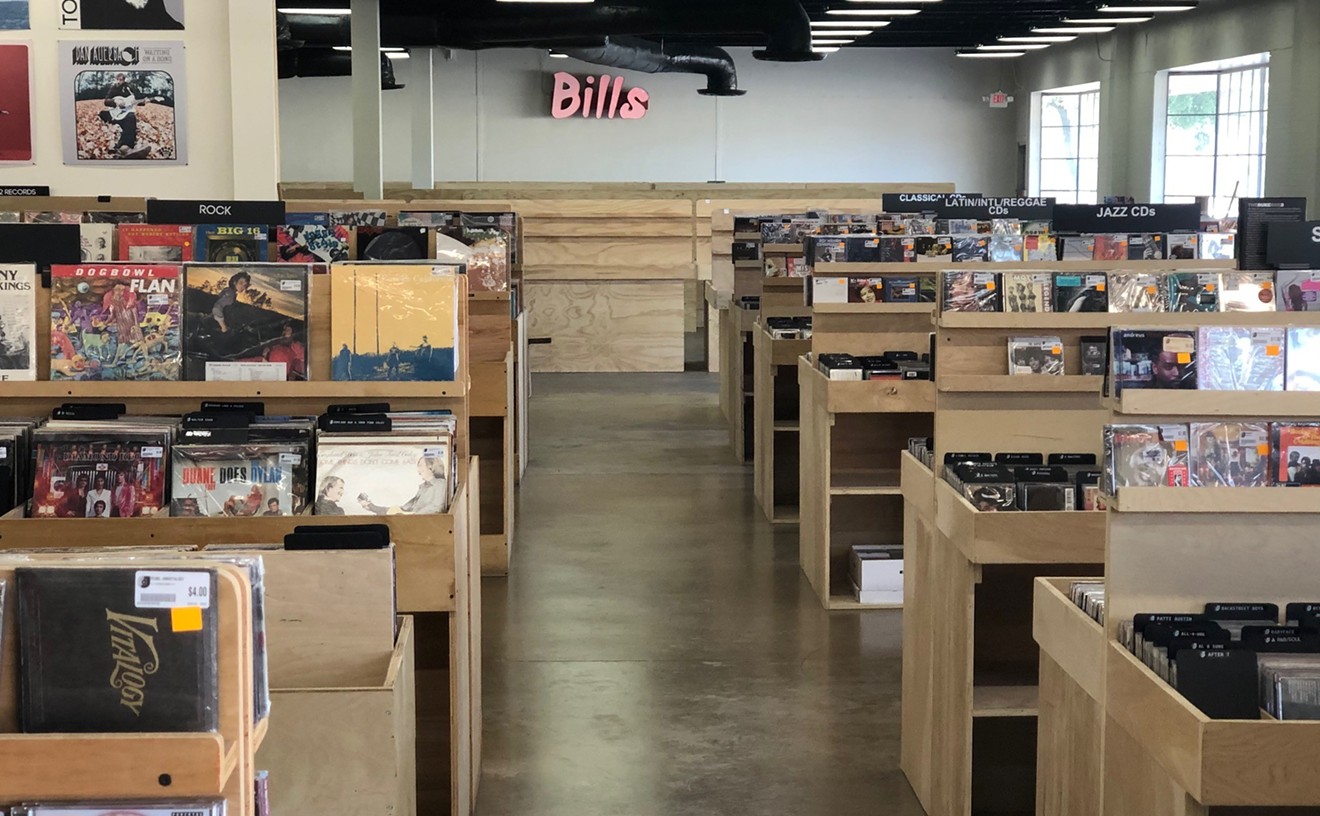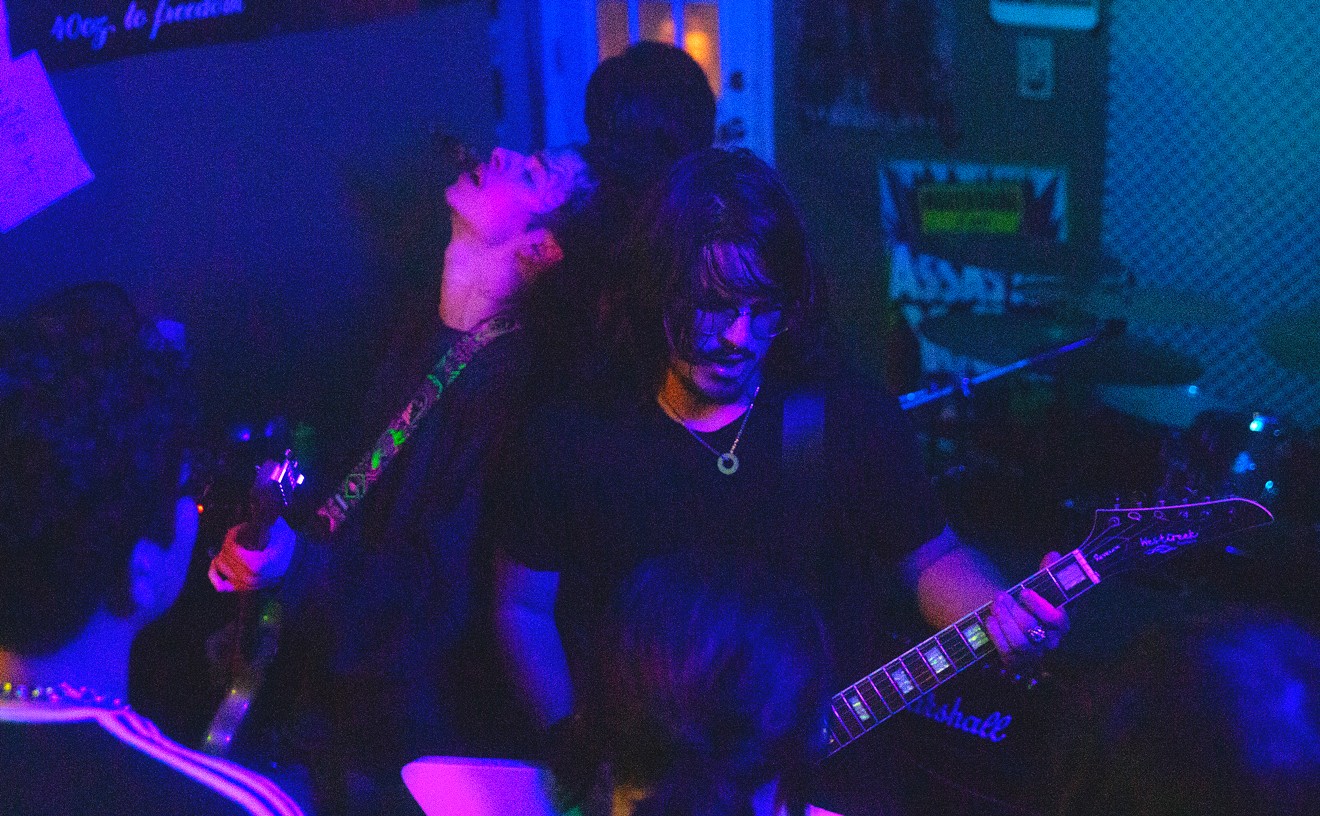Collected under the name the Native Tongues, the Jungle Brothers, De La Soul, and A Tribe Called Quest sat in on one another's recording sessions, appeared on one another's albums, toured together. More than anything else, they helped one another out in any way possible, whatever happened to be available at the time. For example, A Tribe Called Quest got its name from the Jungle Brothers, and the Tribe's Q-Tip made his first appearance on record with a verse on "The Promo," a teaser single for the JBs' 1988 debut Straight Out the Jungle. All three groups contributed to De La Soul's first two albums (1989's 3 Feet High and Rising and 1991's De La Soul is Dead) as well as the Jungle Brothers' 1989 follow-up Done By the Forces of Nature. The Low End Theory should have continued the trend.
Unfortunately, all it did was signal the end, a team of all-stars declaring free agency and going their separate ways. They would work together sporadically over the years (most recently on "How You Want It We Got It," from 1997's Raw Deluxe), but the close-knit crew had disbanded. And none of the groups was ever the same again: Only A Tribe Called Quest was able to maintain the high profile it enjoyed back then, but its music was never as good as when it had to live up to its friends' standards. Almost 10 years down the line, few people can remember when the team was together in the first place; it's just another page in the history books now. The Jungle Brothers, Afrika Baby Bam and Mike G (Nathaniel Hall and Michael Small on their respective birth certificates), certainly remember that time, but that doesn't mean they want to talk about it all, how it began and why it ended. Or even that it did end.
"Well, it's not like it was back in the day," Afrika admits. "It's more like everybody's working on their own record."
While Afrika doesn't say much about the split-up of the Native Tongues collective, what he does say is enough. When Native Tongues first came together, there was no such thing as our own records, unless they were referring to projects all three groups were working on together. But you can't blame Afrika and Mike G for not wanting to dwell on the past. After all, the group's biggest asset (and, some would say, liability) has been its ability to keep its eyes focused on the future and its ears open to new sounds. The Jungle Brothers were one of the first hip-hop bands to cross over into electronic music, as far back as 1988, when they combined hip-hop and Todd Terry's house music on "I'll House You," a track off Straight Out the Jungle.
Now, more than a decade later, they've found another electronic musician to collaborate with, someone who shares their love of early hip-hop as well as their openness to new sounds: the Propellerheads' Alex Gifford. Afrika and Mike G first worked with Gifford on the Propellerheads' debut, 1998's Decksandrumsandrockandroll, and they knew they'd found a kindred spirit, even though he was a white Englishman who had grown up in rock bands. Gifford produced all of the band's latest disc, V.I.P. (due in stores March 7), as well as playing most of the instruments (there is only one sample on the album) and joining Afrika and Mike G on the mike (a better-than-average turn on "Down with the JBeez," which also features Black Eyed Peas and Sense Live). Afrika says Gifford was a perfect fit with the band and its music.
"The chemistry was good," Afrika says. "We worked with him on his first album, and that's how we discovered all that music, the sound, everything. We were looking for someone forward-minded to work with, collaborate with. Alex represented that: the hip-hop sensibility, the DJ, plus the musician side of it, all in the same package. It was a good experience working with those different elements. Meeting with him, you know, his personality...he has a fun vibe about him, with hip-hop and mixing different styles together. He seemed like he could pull it off, from listening to his music. The production was what caught our ear as well -- the beats were pumping, feeling like a live drummer.
"But meeting with Alex wasn't a way to tap into other electronic music," he continues. "Alex is a cool musician. He's just labeled as dance rock or British dance or electronic or whatever. That's the label placed on him. It's not like he's just a DJ, or twiddling knobs on a computer. He scores movies, his music's in commercials. He's got a crazy imagination about the music, and that's what we're into. We like music with imagination. It'd probably be better to collaborate with someone who's going to expand our vision, rather than somebody who's just going to lock it into one thing and make it narrow."
The Jungle Brothers could never be accused of being narrow. If anything, the group has tried to do too much with its music, be too many things to too many people. Besides their early teaming with Terry, the Jungle Brothers have dabbled in trip-hop (on 1993's JBeez Wit Da Remedy), drums 'n' bass (the Urban Takeover remix of "Jungle Brother," which appeared originally on Raw Deluxe and shows up again on V.I.P.), and a range of other styles, including an album produced by avant-garde musician Bill Laswell (Crazy Wisdom Masters) that ended up being scrapped because they went too far out and never came back. Aside from Crazy Wisdom Masters, their pairing with Gifford would seem to be the Brothers' biggest experiment yet.
But surprisingly, V.I.P. is the most straightforward hip-hop record the group has delivered since its debut, all old-school beats and tag-team rhymes. Aside from one juvenile throwaway ("Sexy Body"), Afrika and Mike G reaffirm their reputation as two of hip-hop's most underrated MCs, their complex rhyme schemes flowing like found money as they take turns on the mike, bobbing and weaving around each other. It's the kind of upbeat party record hip-hop rarely produces anymore, with songs that rock as hard as anything on modern-rock radio. It's the kind of record the Brothers used to make with the Native Tongues, when it sounded like they were just goofing around with friends, doing what they wanted instead of what was expected of them.
Gifford deserves credit for, if nothing else, staying out of the way. His reputation in the British electronic-music scene really stands out only on "JBeez Rock the Dancehall," a furious blast of big-beat repetition and stuttering drums. But Afrika and Mike G's vocals sound so natural on the track, it doesn't feel out of place on the album. It sounds less like an electronic musician's take on hip-hop, and more like the Jungle Brothers' version of electronic music. Which, of course, is the point.
"When we deal with that music, we break it down to a level where we can understand it and we can flow over it, and it makes it more accessible and more understandable to people that's not generally into it," Afrika explains. "We've heard people say, 'Well, I wasn't into house music until I heard "I'll House You."' And we did some hip-hop festival in the Bay Area, and somebody was listening to 'Jungle Brother,' and they were like, 'I couldn't figure out this drum 'n' bass thing until I heard "Jungle Brother," the Urban Takeover remix.' That's the sign, you know what I'm saying, that the mission was accomplished.
"This is what the goal is: to take music that's forward and progressive, and make it understandable for people, so it can add more juice to music as a whole," he adds. "I think it's just a matter of perception. As we do more records and expand, we mean a lot of things to different people. You know, if you look at the mirror, you're just going to see yourself. But a purist is going to look at it one way, and an alternative cat is going to look at it another way. And they're going to see what they want to see in the group. I think it adds to it."
Still, Afrika doesn't expect everyone to understand. He realizes that the group's attempt to put electronic music and hip-hop together on the same song won't work for all people, even though the two genres are more similar than either side would like to believe. He admits even he doesn't get it all the time. All Afrika wants to do is keep trying new things, and as long as a few people are willing to give it a try with him, he's happy. He doesn't want everyone to be into both electronic music and hip-hop; he just wants them to be into the Jungle Brothers.
"I think we're the bridge," he says. "I don't know if people cross over it, but I know they get on it. When I go to a rave or when we go to those parties and stuff like that, I can't say that I'm into everything the DJ's dropping. It is hard for me to get into it. But when I start rapping over it or putting lyrics to it, I can keep an eye on certain things about it that I like, that I would want to pull out of it. I don't expect somebody who's into total, total hip-hop to just cross over that bridge and be a full drum 'n' bass head. We do expect them to come to Jungle Brothers and be like, 'Oh, this is some next-level music, and it's real, and it's ours.'"










